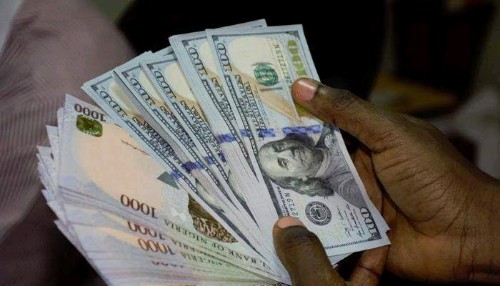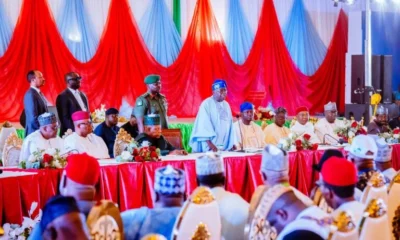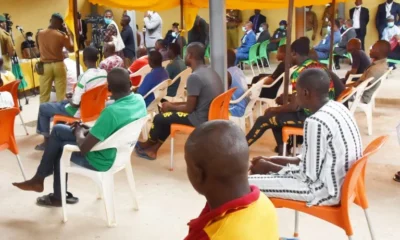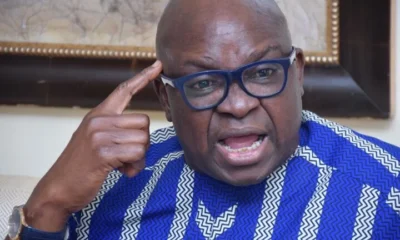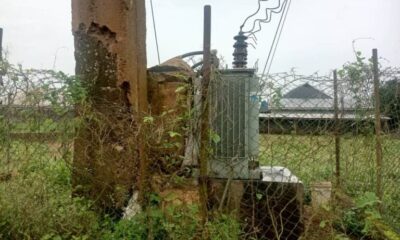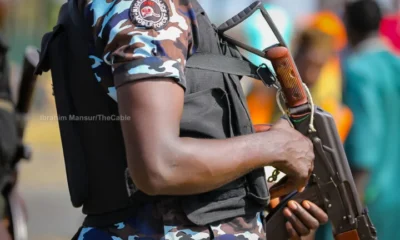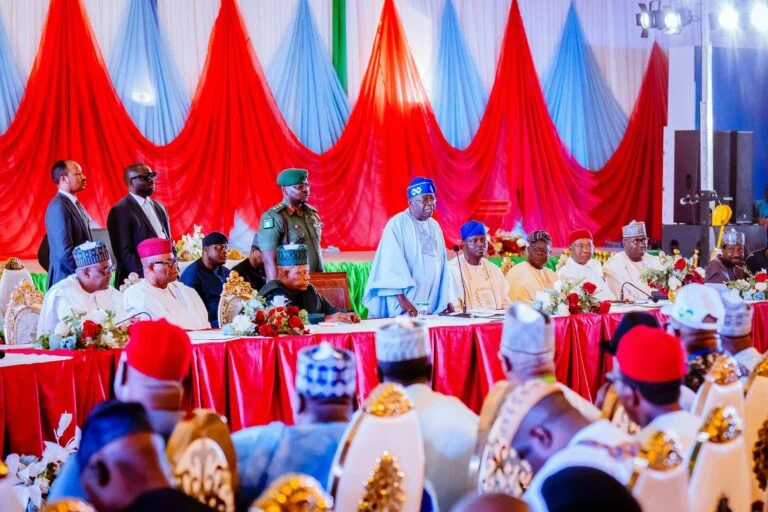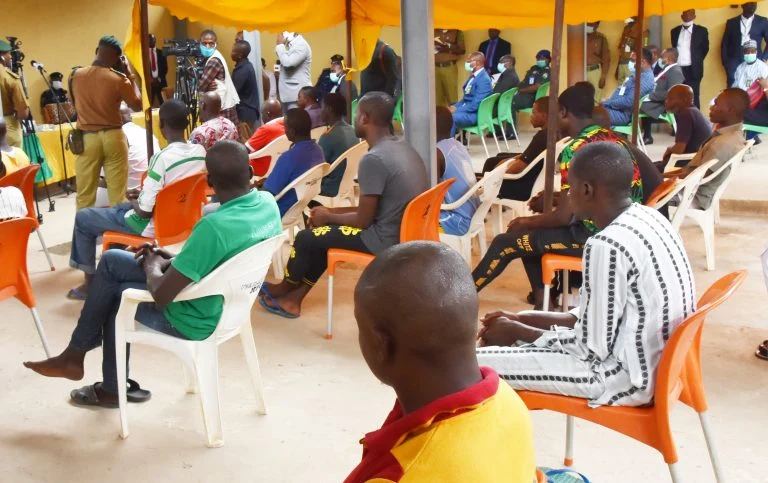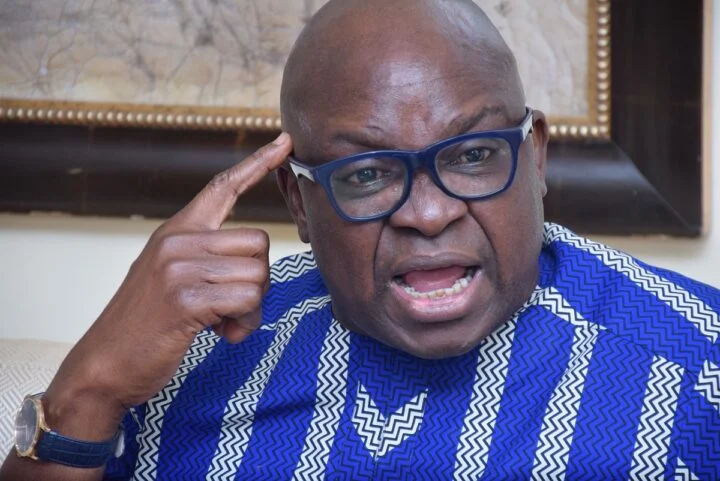Nigeria’s external reserves have surged to a new high of $35.05 billion as of July 8, 2024, according to Central Bank of Nigeria’s (CBN) data.
This marks the highest level since May 30, 2023, when the reserves stood at $35.09 billion, just before the introduction of the foreign exchange unification policy in June 2023.
This significant milestone is the first time the reserves have exceeded $35 billion under the current administration of President Bola Tinubu.
The growth is attributed to the Central Bank of Nigeria’s recent foreign exchange policies and financial support from institutions like Afrexim Bank and the World Bank through loans, which have collectively contributed to the boost in reserves.
When Bola Tinubu was sworn in as the 16th president of Nigeria on May 29, 2023, the country’s external reserves were about $35.09 billion.
However, when the CBN announced the FX unification policy, Nigeria’s external reserves had dropped to $34.66 billion.
From July to December 2023, the reserves fluctuated within the $33 billion range.
This year, the reserves experienced three months of noticeable fluctuations, plunging to a low of $32.11 billion on April 19, 2024.
The central bank Governor had to address the issue of the decline at the last IMF Spring meeting, where he said that the decreasing reserves were primarily due to debt repayments and other standard financial obligations, rather than efforts to defend the naira.
However, since then, a gradual and consistent upward trajectory has been observed, coinciding with a period of exchange rate stability.
Nigeria has been experiencing a surge in exchange rate in the last few weeks ending the month of June above $34 billion for the first time since April. The reserves have continued to swell in July hitting multiple highs that have now culminated in the highest reserve in the last one year.
Since the lowest level of $32.11 billion under Tinubu in April, the external reserves have surged by $2.94 billion in less than three months.
The Monetary Policy Committee (MPC) recently urged the CBN to focus on boosting the external reserves.
To ensure a steady flow of foreign exchange into the country, the CBN plans to double the diaspora remittance inflow this year.
Also, Afrexim Bank earlier announced the disbursement of $925 million- another tranche of the $3.3 billion crude oil-backed loan agreement it entered into with the NNPC last year. The bank disclosed this in a statement on its website stating that the current disbursement brings the total payment for the facility to $3.175 billion. This loan is expected to help stabilize the forex market in light of the severe volatility.
The World Bank also recently approved $2.25 billion in loans to Nigeria to boost the country’s economic stability and support its vulnerable populations. This financial infusion is intended to provide immediate financial and technical support for Nigeria’s urgent economic stabilization efforts.
Amid the increase in reserves and financial commitments to Nigeria, Fitch noted that the lack of clarity over the precise size and composition of Nigeria’s FX reserves remains a significant constraint on the nation’s sovereign credit profile.
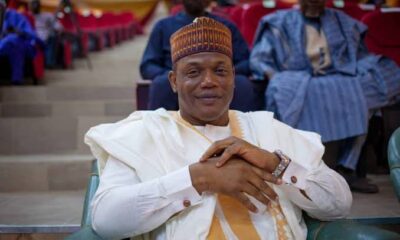
 BIG STORY5 days ago
BIG STORY5 days ago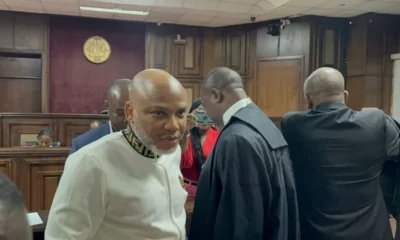
 BIG STORY3 days ago
BIG STORY3 days ago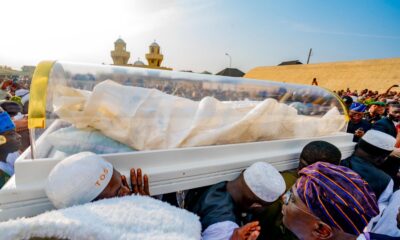
 BIG STORY4 days ago
BIG STORY4 days ago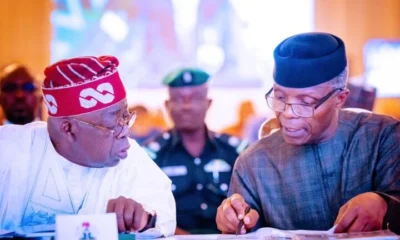
 BIG STORY2 days ago
BIG STORY2 days ago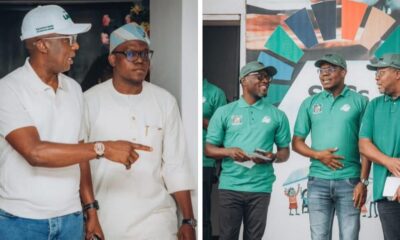
 BIG STORY2 days ago
BIG STORY2 days ago
 BIG STORY4 days ago
BIG STORY4 days ago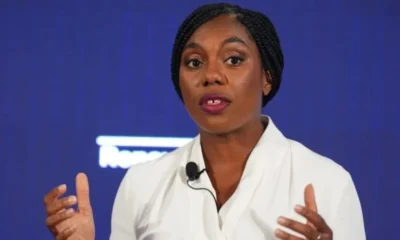
 BIG STORY5 days ago
BIG STORY5 days ago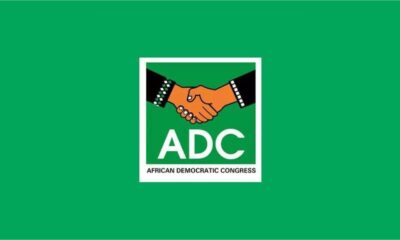
 BIG STORY3 days ago
BIG STORY3 days ago




